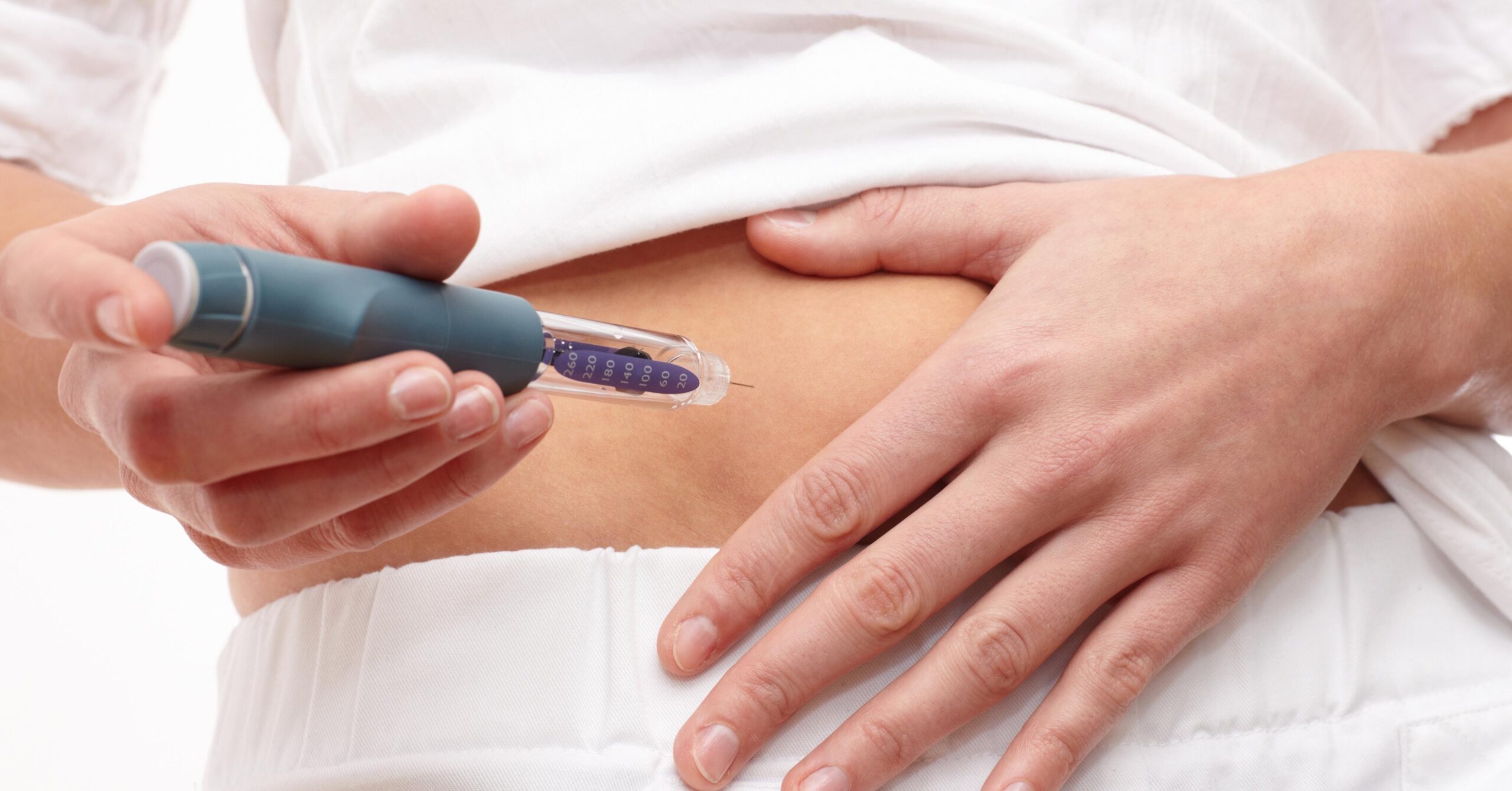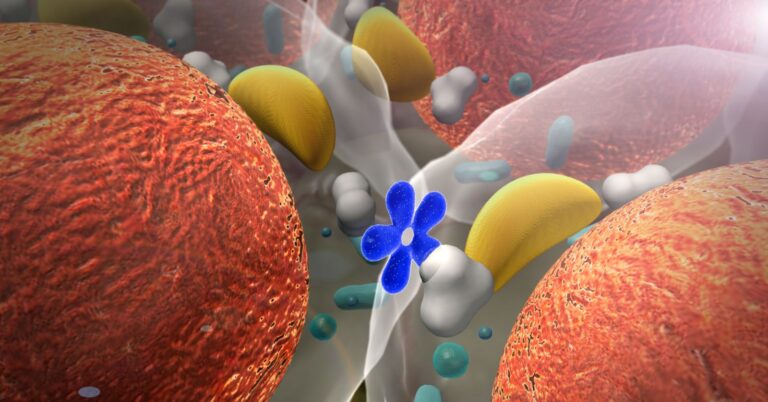Insulin Resistance in Women: Surprising Secret Signs and Proven Fixes That Actually Work
Feeling constantly fatigued, struggling with stubborn belly fat, or experiencing irregular periods could be subtle signs that your body is no longer responding to insulin effectively. Insulin resistance, particularly in women, is becoming increasingly common and often goes undiagnosed until it progresses to type 2 diabetes or polycystic ovary syndrome (PCOS).
Here’s what you need to know to identify the early signs and take natural steps to reverse insulin resistance before it escalates into more serious health issues.
What Is Insulin Resistance, and Why Should Women Be Concerned?
Insulin, a hormone that regulates blood sugar levels, becomes ineffective when cells become insensitive to it. In response, the pancreas produces more insulin, which can lead to blood sugar spikes, fat storage, and inflammation.
Insulin resistance, often the underlying cause of symptoms such as weight gain, fatigue, brain fog, and irregular menstrual cycles, is highlighted by Dr. Lisa Mosconi, PhD, a neuroscientist and author of The XX Brain. Women are particularly susceptible to this condition due to the hormonal fluctuations they experience during puberty, pregnancy, and menopause.
Early Signs of Insulin Resistance in Women
Many women dismiss these symptoms as stress, aging, or hormonal shifts but they may be warning signs:
- Increased belly fat, despite diet and exercise
- Sugar cravings and frequent hunger
- Irregular periods or PCOS symptoms
- Fatigue, especially after meals
- Brain fog or trouble concentrating
- Dark patches of skin (acanthosis nigricans)
- High blood pressure or cholesterol levels
If you’re experiencing two or more of these, it’s worth checking with your doctor for a fasting insulin test or an HOMA-IR score to assess insulin sensitivity.
What the Research Says
A 2023 study published in the Journal of Women’s Health found that over 40% of women with normal weight still showed signs of insulin resistance. The findings emphasize that insulin issues aren’t just a result of being overweight—they’re often related to chronic inflammation, sedentary lifestyle, and diet.
Another 2022 NIH-funded study showed that women with PCOS had a 4x greater likelihood of developing insulin resistance, even in their teens and early twenties.
Public Health Impact: Why It Matters
Insulin resistance is a silent precursor to major conditions like:
- Type 2 diabetes
- Cardiovascular disease
- Infertility and PCOS
- Alzheimer’s disease (sometimes called “type 3 diabetes”)
According to the CDC, over 96 million U.S. adults have prediabetes, with many unaware they are insulin resistant. For women, this often means hormonal chaos, fertility struggles, and long-term health risks if left unaddressed.
Natural Fixes to Reverse Insulin Resistance
The good news? Insulin resistance is reversible—especially when caught early. Here’s what experts recommend:
1. Prioritize Protein and Fiber-Rich Meals
- Eat balanced meals with lean proteins, healthy fats, and fiber
- Reduce simple carbs (white bread, sugar) that spike insulin
- Try adding apple cider vinegar before meals to reduce glucose spikes (Healthline)
2. Try Intermittent Fasting (IF)
Studies show that time-restricted eating (like a 16:8 fast) may improve insulin sensitivity without strict dieting. Always consult a doctor if you have medical conditions before starting IF.
3. Exercise Even a Little Helps
A brisk 30-minute walk after meals can dramatically reduce blood sugar levels. Resistance training also improves how your muscles use insulin.
4. Support Hormone Health Naturally
- Sleep 7–8 hours a night to regulate cortisol
- Reduce endocrine-disrupting chemicals (EDCs) in cosmetics and plastics
- Consider supplements like magnesium, berberine, or inositol—discuss with your healthcare provider first (NIH Office of Dietary Supplements)
5. Track Your Glucose Trends
Wearable glucose monitors or periodic testing can help you understand how food and stress affect your blood sugar levels, even if you don’t have diabetes.
Don’t Ignore the Signals
If your body is giving you signs, don’t dismiss them. Insulin resistance doesn’t necessarily lead to disease. With small, consistent changes in diet, stress management, and movement, many women experience significant improvements in just a few weeks.
Dr. Mosconi advises against waiting for a diagnosis. Instead, emphasizes the importance of listening to your body and taking action promptly. Prevention is significantly easier than treatment.
Check out the healthlynic ✔️approved range of products for Weight Loss, Improve metabolism and much more!







